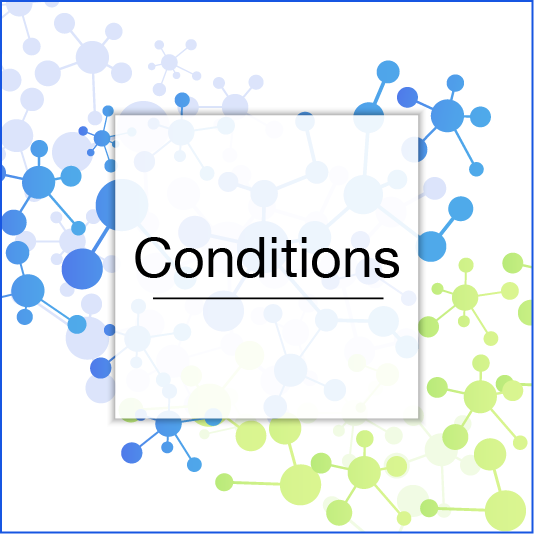
Interstitial lung disease can be described as hardening of pulmonary tissue. Lungs are soft spongy organs responsible for transmitting inhaled clean oxygen to blood vessels and evacuating unclean air. Hardened pulmonary tissue will prevent delivery of clean oxygen to veins, resulting in complaints such as dyspnea and coughing. Patients suffering from this condition usually do not discharge too much phlegm. At advanced stages, oxygen transmission capacity of lungs decreases significantly and respiratory failure might take place.
Underlying reasons include rheumatic disease, heavy smoking, fungi, organic dust, polluted environment in some occupations and organic agents dissipated from feathers of poultry and animals like pigeons. However, some interstitial diseases might develop without any evident underlying reason. Respiratory function tests are of substantial importance in both diagnosis and monitoring of this category of disease. Blood tests and collecting lung fluid or biopsy samples through bronchoscopy or surgical intervention are other notable means of diagnosis as well.
Once disease has been diagnosed, the underlying reason should be addressed first. If the triggering factor is a domestic pet or occupational exposure, avoiding these is recommended. Cortisone therapy may be initiated, unless progress is achieved. Interstitial lung disease cases are often treated with long-term (3-12 months or longer) administration of immunosuppressant drugs. Therapy is then adjusted in accordance with complaints reported in follow-up, examination and respiratory function test findings and results of a 6-minute walk test. Novel drugs are being developed, some with desirable results, to treat a group of previously untreatable interstitial lung diseases. If a case has remained untreated for a long while or disease type does not respond to cortisone therapy, supportive treatment is offered. This mode of treatment covers anti-cough medication, continuous oxygen therapy and respiratory physiotherapy (if respiratory failure is present). Lung transplantation may also be considered for some patients who do not respond to therapy.